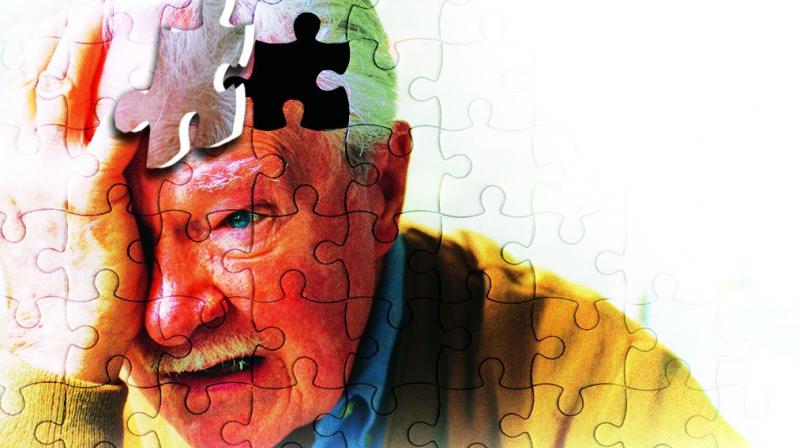Type-2 diabetics likely to suffer from memory loss

Hyderabad: Studies suggest that Type-2 diabetics, who are over five crore in India, can develop brain disorders, namely the loss of memory retention. Endocrinologists say that this is caused by hypoglycemia, a condition when the level of glucose in the blood falls below normal.
Dr P. Sudhakar Reddy, an endocrinologist, said, “Type-2 diabetes can often lead to physical and mental dullness. Repeated hypoglycemia can cause irreversible brain damage causing memory loss.”
Neurologists say that memory loss occurs due to blood sugar falling below the level that the brain requires to function. Dr Sudhir Kumar, a neurologist, said, “Brain disorders occur in Type-2 diabetic patients when the brain doesn’t get enough sugar to carry out its functions. Low blood sugar levels can make a person feel very disoriented and confused.”
Experts said that with increased chances of a stroke due to diabetes, the nerves of the brain get affected which leads to a lack of coordination.
Dr Sridevi Palidugu, an endocrinologist, says, “Cognitive dysfunction is very common following a stroke and the probability of a stroke is higher in Type-2 diabetic patients, as the blood supply to their brain is affected and with the peripheral nerves affected, it could lead to brain disorders.”
Another recent finding states that features in diabetes are found in the brain tissue of patients affected with Alzheimer’s.
Dr Ravi Shankar Erukulapati, an endocrinologist, said, “Memory and other functions of the brain get affected by diabetes over a long duration. This can clearly be observed as many patients of Alzheimer’s and dementia are diabetic. It affects the calculative capacity of the brain.”
Regular control of blood sugar levels can reduce the chances of memory loss. People with Type-2 diabetes are generally observed to be metabolically unfit, with higher levels of cholesterol and blood pressure which when combined with high sugar levels could create an inflammation that affects the blood vessels. Regulation of blood sugar could avoid nerve damage in the brain.

